To provide the best experiences, we use technologies like cookies to store and/or access device information. Consenting to these technologies will allow us to process data such as browsing behaviour or unique IDs on this site. Not consenting or withdrawing consent, may adversely affect certain features and functions.
The technical storage or access is strictly necessary for the legitimate purpose of enabling the use of a specific service explicitly requested by the subscriber or user, or for the sole purpose of carrying out the transmission of a communication over an electronic communications network.
The technical storage or access is necessary for the legitimate purpose of storing preferences that are not requested by the subscriber or user.
The technical storage or access that is used exclusively for statistical purposes.
The technical storage or access that is used exclusively for anonymous statistical purposes. Without a subpoena, voluntary compliance on the part of your Internet Service Provider, or additional records from a third party, information stored or retrieved for this purpose alone cannot usually be used to identify you.
The technical storage or access is required to create user profiles to send advertising, or to track the user on a website or across several websites for similar marketing purposes.
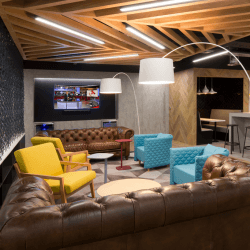 A brace of new reports sets out to identify the challenges organisations set themselves by inhabiting dated offices and how modern office design principles could address them. According to the Meeting Expectations report, released by K2 Space, workplace productivity is being impeded as a direct result of dated office design. The second study from Saracen Interiors focuses more on the role of office design as a recruitment tool. The reports follow the recent publication of a major report on similar themes from Worktech Academy and Fourfront Group.
A brace of new reports sets out to identify the challenges organisations set themselves by inhabiting dated offices and how modern office design principles could address them. According to the Meeting Expectations report, released by K2 Space, workplace productivity is being impeded as a direct result of dated office design. The second study from Saracen Interiors focuses more on the role of office design as a recruitment tool. The reports follow the recent publication of a major report on similar themes from Worktech Academy and Fourfront Group.




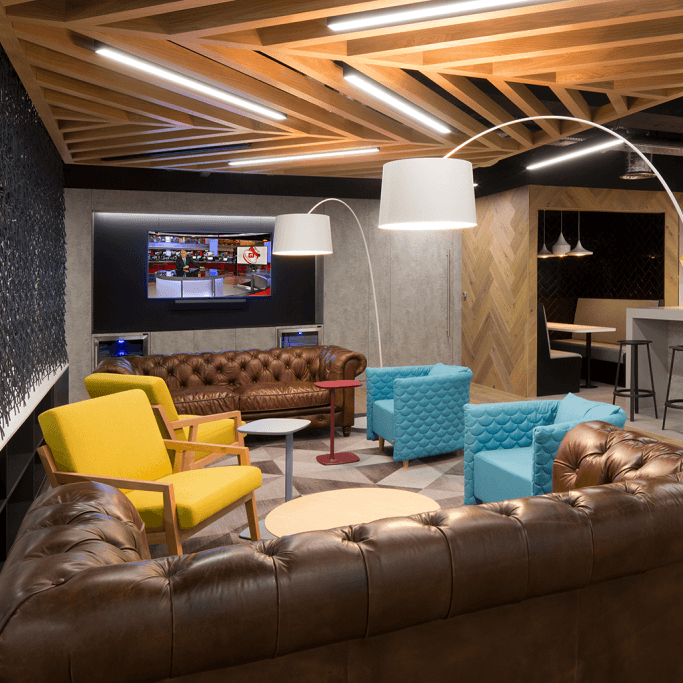
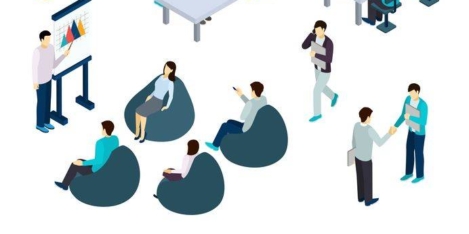
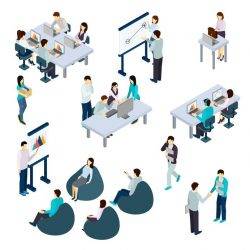

 New research suggests as the supposed ‘technologically savvy’ millennials enter the workforce they are more likely than older workers to break the most basic of security rule, reusing passwords across different accounts. This is according to the results of the 10th Annual Market Pulse Survey from SailPoint Technologies Holdings, which finds that despite an increased focus on cybersecurity awareness in the workplace, employees’ poor cybersecurity habits are getting worse, which is compounded by the speed and complexity of the digital transformation.
New research suggests as the supposed ‘technologically savvy’ millennials enter the workforce they are more likely than older workers to break the most basic of security rule, reusing passwords across different accounts. This is according to the results of the 10th Annual Market Pulse Survey from SailPoint Technologies Holdings, which finds that despite an increased focus on cybersecurity awareness in the workplace, employees’ poor cybersecurity habits are getting worse, which is compounded by the speed and complexity of the digital transformation. 




 Over half of home workers say they appreciate the benefits that home working offers but nearly a quarter complain of loneliness too, a new survey from BHSF claims. When asked how working from home makes them feel, the top three responses were: free (50 percent), in control (47 percent) and calm (46 percent). However, a significant number of those surveyed chose more negative words to describe their feelings. Just over a quarter (26 percent) said that working from home made them feel remote, 24 percent felt isolated and 21 percent lonely.
Over half of home workers say they appreciate the benefits that home working offers but nearly a quarter complain of loneliness too, a new survey from BHSF claims. When asked how working from home makes them feel, the top three responses were: free (50 percent), in control (47 percent) and calm (46 percent). However, a significant number of those surveyed chose more negative words to describe their feelings. Just over a quarter (26 percent) said that working from home made them feel remote, 24 percent felt isolated and 21 percent lonely. 



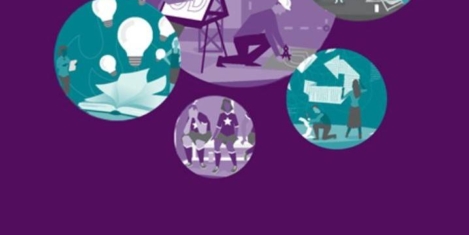
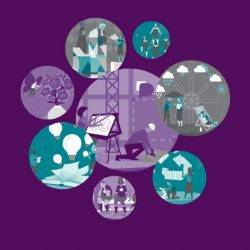



 The gig economy has helped lead to the doubling in size of the flexible office space sector since 2014 and it’s set to grow by up to 30 percent per year over the next five years claims new research published by JLL. Disruption or Distraction, a report delving into the growth of flexible office space across Europe explores the main drivers of the sector’s boom – including evolutionary changes in how, when and where people work, shifts in lifestyle, and rapid advancements in technology – and provides unique insights into the risks and rewards for both companies and real estate investors in Europe.
The gig economy has helped lead to the doubling in size of the flexible office space sector since 2014 and it’s set to grow by up to 30 percent per year over the next five years claims new research published by JLL. Disruption or Distraction, a report delving into the growth of flexible office space across Europe explores the main drivers of the sector’s boom – including evolutionary changes in how, when and where people work, shifts in lifestyle, and rapid advancements in technology – and provides unique insights into the risks and rewards for both companies and real estate investors in Europe. 









November 13, 2018
Fostering creativity within organisations through space and culture
by Serena Borghero • Comment, Workplace design
More →